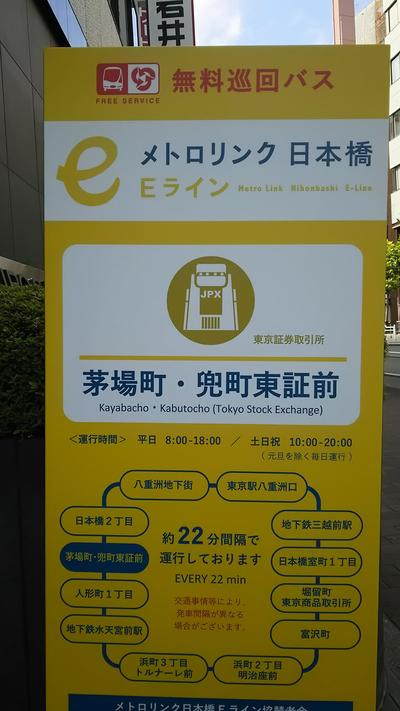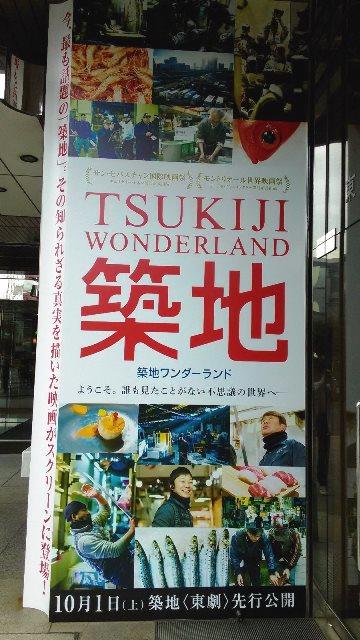 It's called "Tsukiji Wonderland."
It's called "Tsukiji Wonderland."
(For those who love Chuo-ku, can't you miss it?)
I've been watching a movie, so I'd like to report it.
This time, in addition to the photos on the poster, I'm not sure.
It's just a sentence.
It was released in advance in the East Drama from October 1, but from October 15 it will be released nationwide.
Also, overseas film festivals (multiple) have been held.
It's going to be exhibited.
○Overview
The Tokyo Metropolitan Wholesale Market Tsukiji Market itself consists of the Fruit and Vegetables Department and the Fisheries Department, but the movie is a documentary focusing on the Fisheries Department.
However, the video is very beautiful, and the appearance of the people who come out in their daily lives in a natural manner is the way they come out.
It was like a powerful drama.
Through the movie, I was able to realize what the "Tsukiji brand" or the world "TSUKIIJI" means, and why it becomes a brand.
○Highlights of the movie
・If you dare to mention the main character, is it "the wholesalers"?
The professional figure as a connoisseur is vividly depicted. Tsukiji attracts a large amount of fish (seafood) from all over the world every day. Even the same fish have a different face every day.
Their role is to buy such fish from wholesale through auction, process them appropriately, and sell them to professional cooks and people who come to Tsukiji to buy them.
There is also an advanced connoisseur power to instantly determine the quality of fish, and an advanced technique that processes without losing quality.
For those who come to Tsukiji to buy foodstuffs, wholesalers are indispensable.
In the movie, such wholesalers and wholesalers (the side that brings ingredients to Tsukiji), or the human relationship between wholesalers and buyers is clearly depicted.
For example, culinary professionals such as Rosaburo Dojo, a culinary iron man, and chefs at famous Michelin-listed restaurants and long-established restaurants also visit Tsukiji to consult with wholesalers about ingredients.
Here, chefs trust wholesalers, and wholesalers try to answer their trust, and a business based on Tsukiji's unique trust has been completed.
This trust business is a tradition cultivated over the 80-year history of Tsukiji, and it is the biggest factor that brings Tsukiji to TSUKIJI, and is depicted as an attraction.
・In terms of food culture, architectural value, history, etc.
There are comments from prominent people, so you can understand the Tsukiji market from various perspectives.
・Then, I wrote a story about a cooking professional consulting with a wholesaler.
You can also enjoy beautiful images of how to cook the purchased ingredients after buying them.
You can also see the shops that appear with the feeling of "Oh, that shop".
To give names only to stores in Chuo-ku, Rokusantei (Ginza), Koju (Ginza), and
ESQUISSE (Eskis: Ginza), Sukiyabashi Jiro (Ginza),
Kizushi (Kizushi: Ningyocho) comes out (everywhere is a famous shop).
(Of course, there are famous shops other than Chuo-ku. By the way.
○What will happen from the perspective of a correspondent?
・I think this film is very important in terms of recording the culture of Tsukiji.
Isn't it recommended for those who want to enjoy gourmet food in Tokyo (especially Chuo-ku) where delicious food is gathered?
When you eat at a restaurant, you may be worried about the production area and brand, but there you will be more conscious of the word "Tsukiji brand", and I feel that eating will be even more fun.
・It feels like "Sister Edition" or "After Tsukiji Wonderland" after relocation.
I personally see that there is something that covers the outside and Tsukiji 3-chome / 6-chome / 7-chome / Akashicho (Is it called Ura Tsukiji?)
For correspondents, Tsukiji Wonderland = inside the venue + outside the venue + (Tsukiji 3-chome / 6-chome / 7-chome / Akashicho).
![]()
![]() will be held at Harumi Triton Square on November 3rd (Thursday / holiday)!
will be held at Harumi Triton Square on November 3rd (Thursday / holiday)!![]()
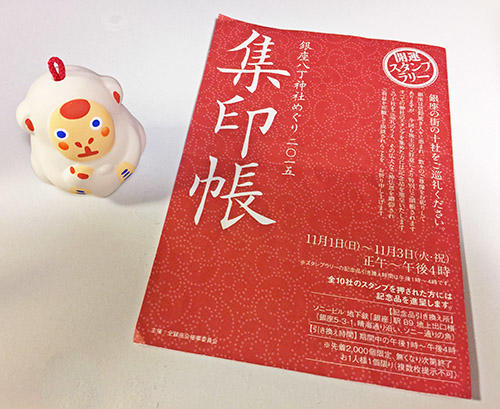 It's the zodiac bell of next year!
It's the zodiac bell of next year!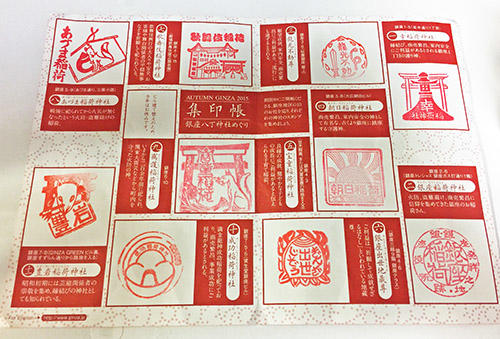 This is also cute.
This is also cute.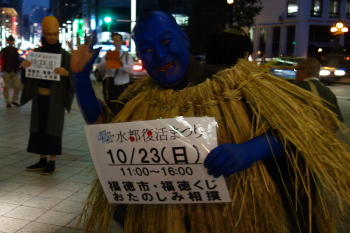
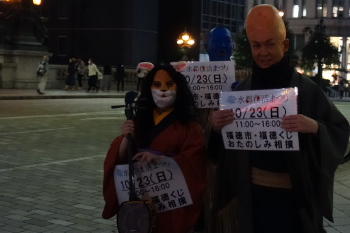
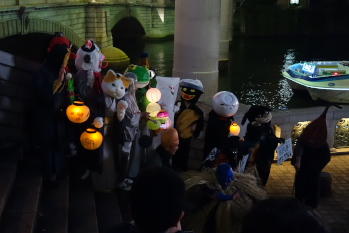
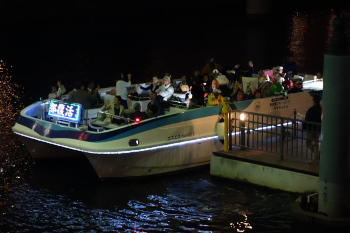
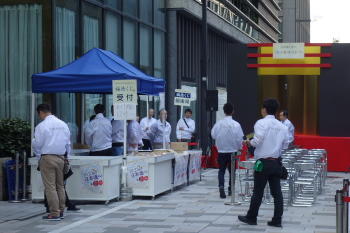
 It's called "Tsukiji Wonderland."
It's called "Tsukiji Wonderland."
